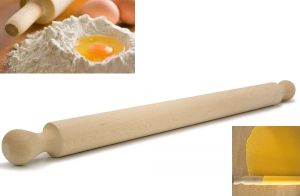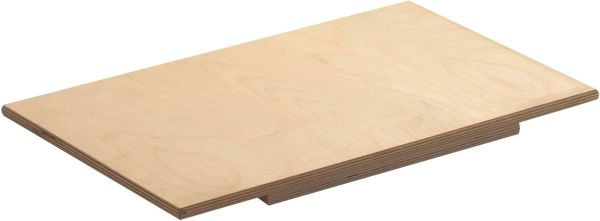Language
WORLDWIDE SHIPPING
- KNIVES
- JAPANESE KNIVES
- EUROPEAN KNIVES
- AMBROGIO SANELLI
- ITALIAN KNIVES
- FRIEDR. DICK
- DUE CIGNI - FOX
- CHROMA TURBO F.A. Porsche
- FORGE DE LAGUIOLE
- ICEL
- RYDA
- SWIBO
- VICTORINOX
- WÜSTHOF
- ZWILLING
- EUROPEAN KNIVES
- PROMOTIONAL AND CUSTOMIZATIONS
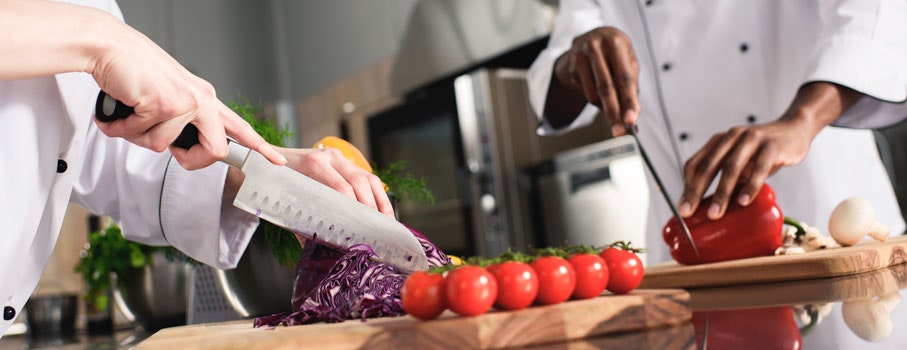
- CHEF'S CASES - KNIVES BLOCKS - SETS
- SHARPENING
- PASTRY
- PASTRY UTENSILS
- ACCESSORIES & UTENSILS
- CAKE STANDS AND DISPLAY
- CHOCOLATE
- MARTELLATO PROFESSIONAL
- PAVONI ITALIA
- BRUSHES, SPATULAS AND WHIPS
- SCHNEIDER
- SILICONE
- SILIKOMART PROFESSIONAL
- AIRPLUS
- CHOCADO
- ÉCLAIR
- DECORATIVE ELEMENTS
- FRUITS 3D
- ICE
- MINI DESSERTS - MIGNON
- MODERN SINGLE PORTIONS
- CLASSIC SINGLE PORTIONS AND CAKES
- NATURAE
- 60 X 40 MOLDS
- AIR MAT
- TARTE 4.0
- JELLY MOULDS
- MODERN CAKES
- STORAGE AND DISPLAY I-GLOO AND MACADO'
- MOULDS FOR CHOCOLATES
- CHOCOLATE ACCESSORIES
- SMALL PLATES
- ACCESSORIES
- CRAFT MOULDS
- PASTRY CUTTER
- TRAYS, GRADE, BOWLS, JUGS, BOTTLES
- THERMOMETERS, TIMER AND SCALES
- BAKEWARE, RINGS AND MOULDS
- STAMPI
- PACKAGING AND PASTRY TRAYS
- GUITARS - FRAMES
- VALENTINE'S DAY - MOTHER'S DAY
- DECORATING CAKES
- ICE-CREAM SHOP
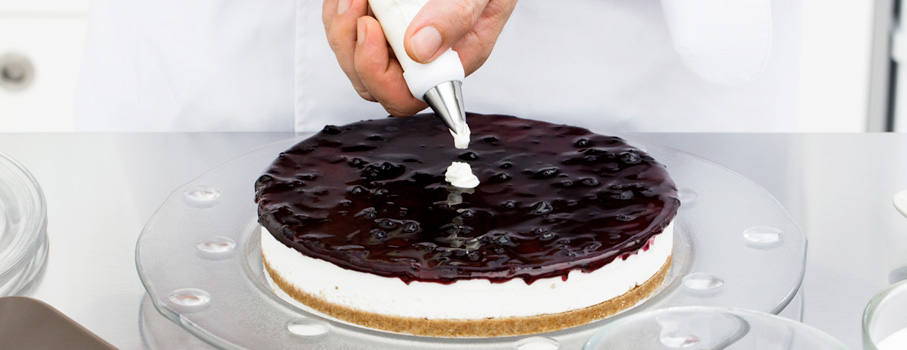
- PASTRY UTENSILS
- KITCHEN
- WELLNESS KITCHEN
- COOKING UTENSILS
- ELECTRIC KITCHEN UTENSILS
- POTS
- CARVING & DECORATION
- MANDOLINE AND GRATERS
- ETHNIC CUISINE
- CATERING & BUFFET
- COOKING BOOKS

- CLOTHING
- TABLE & BAR
- HOME & FREE TIME
- GIFT IDEAS
- NEWS
- OFFERS
- SPARE PARTS
- DELUXE
- AFCOLTELLERIE Home
- Blog
Related Products
Check items to add to the cart or
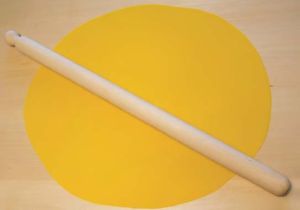
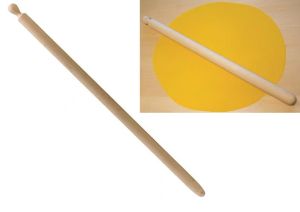
FREE SHIPPING
on orders over €99,00 to Italy and over €199,00 to Europe
CUSTOMER CARE
AFcoltellerie Customer Service offers support before, during and after the purchase process.
Write to info@afcoltellerie.com
AF_FIDELITY
Check out our loyalty program!
Birch wood pasta board / cutting board 60 x 100 cm.
€58.90
€48.28
Availability:
In stock
Perfect for homemade pasta, this birch wood pasta board offers a large and stable surface (60 x 100 cm), ideal for working with fresh egg pasta, gnocchi, pastry sheets, dough, and all kinds of pastry preparations.
Birch wood pasta board / cutting board 60 x 100 cm. With a thickness of 1.2 cm, it ensures strength and long-lasting durability. It can also be used as a professional kitchen cutting board, making it a versatile ally for chefs and cooking enthusiasts.
- Natural and food-safe surface
- Ideal for kneading, rolling, and cutting
- Excellent support for breadmaking and both sweet and savory preparations
Birch wood pasta board 60 x 100 cm, 1.2 cm thick – perfect for working with fresh egg pasta, gnocchi, or for all pastry preparations.
Also excellent as a kitchen cutting board.
FAQs
What are the essential basic tools in the kitchen?
Essential tools include good quality knives, cutting boards, pots and pans of various sizes, ladles, spatulas, whisks, and bowls. These tools allow you to easily handle most everyday cooking tasks.
What is the best material for pots and pans?
It depends on the use: stainless steel is versatile and durable, cast iron retains heat well, aluminum is lightweight and has excellent heat conductivity, while ceramic offers a non-stick surface without chemicals.
How do I choose the best cookware set?
Consider the material (stainless steel, aluminum, copper), compatibility with your stovetop, the number of pieces included, and ease of cleaning. A good set should be versatile and long-lasting.
How can I prevent damage to pots and pans over time?
Avoid using metal utensils on non-stick coatings, do not heat pots empty, and clean them with soft sponges. When storing, protect surfaces by stacking pots with cloths or separators to prevent scratches.
How do I properly care for and clean kitchen tools?
It’s important to wash them immediately after use, avoiding harsh detergents especially on delicate materials like wood or ceramic. Some tools are dishwasher safe, while others, like knives and special pots, should be hand washed. Always follow the manufacturer’s instructions.
When should I replace a kitchen utensil?
Replace utensils when they show significant wear, such as deep scratches on non-stick surfaces, broken or deformed parts, or when the material emits unusual odors or substances.
What should I do if I’m looking for a specific tool but can’t find it?
Contact us! We can help you find the right utensil or suggest suitable alternatives for your needs.

 IT
IT FR
FR
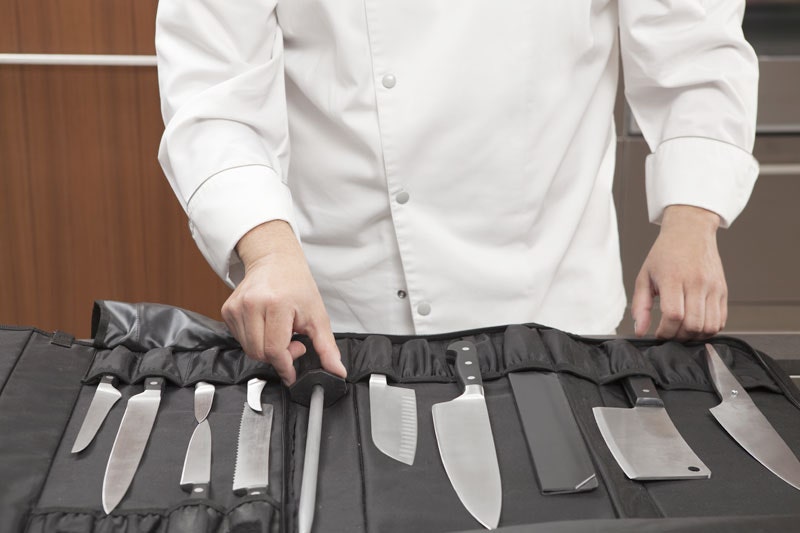
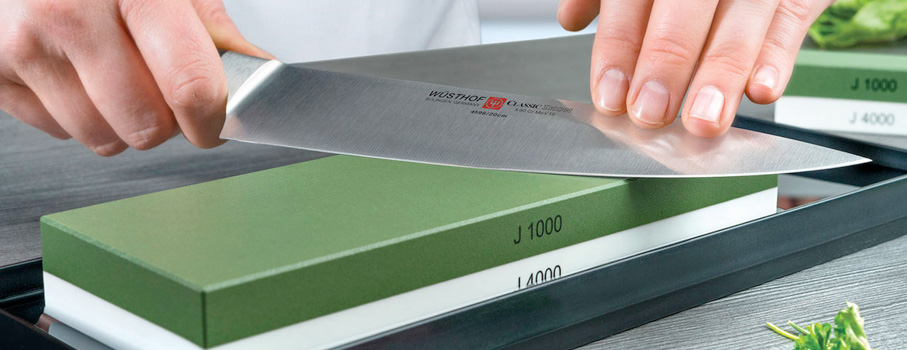
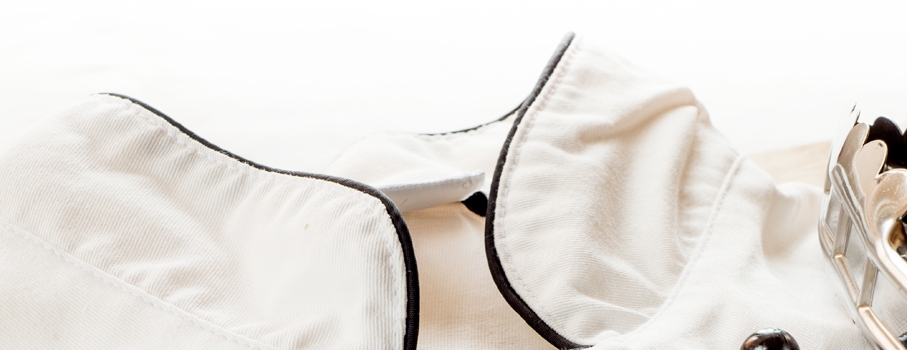
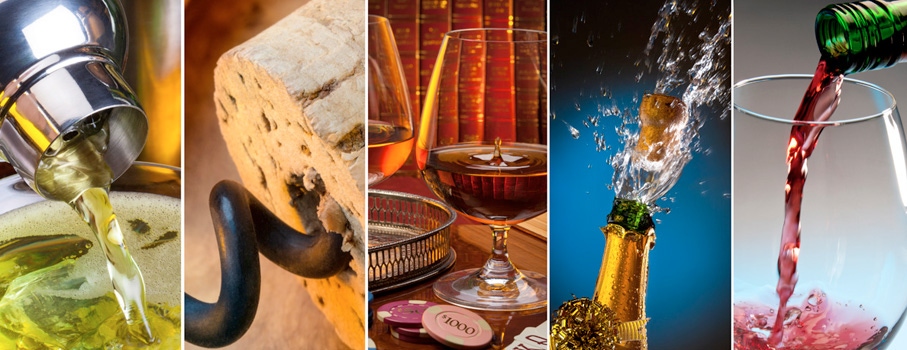
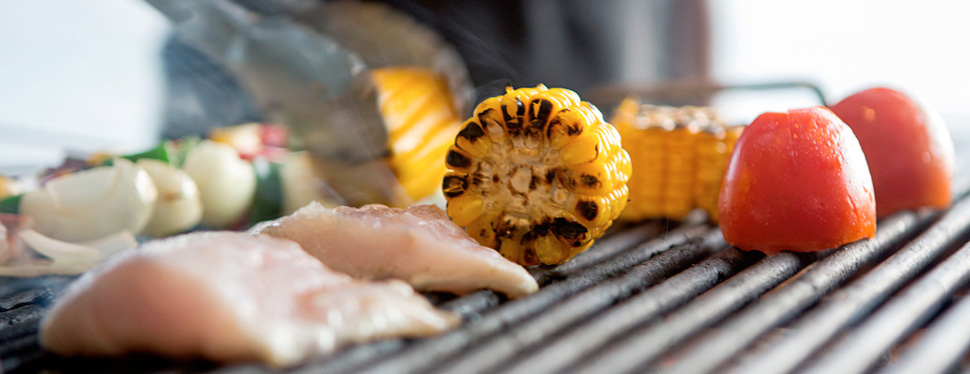

 IT
IT FR
FR
